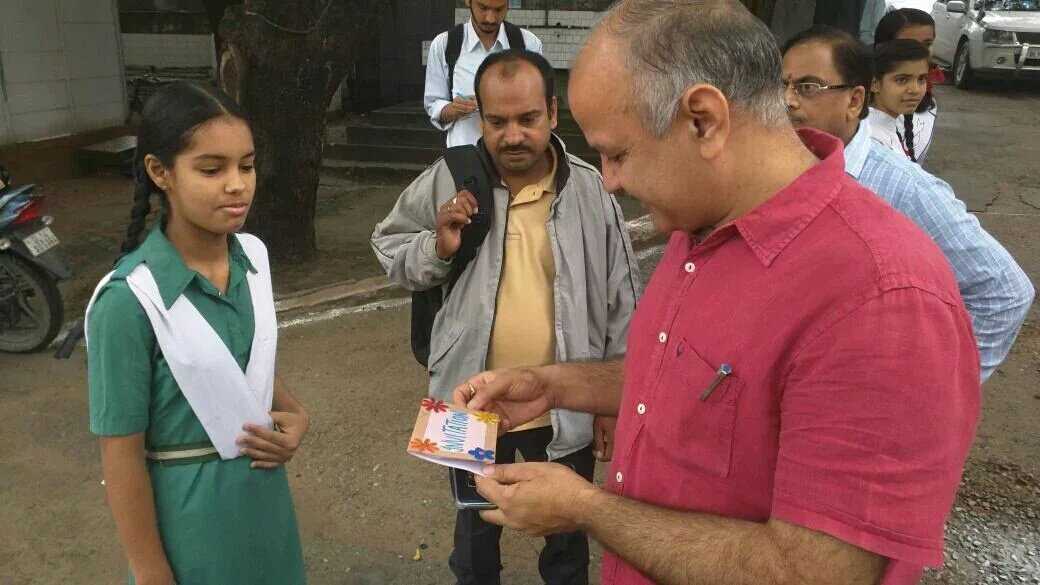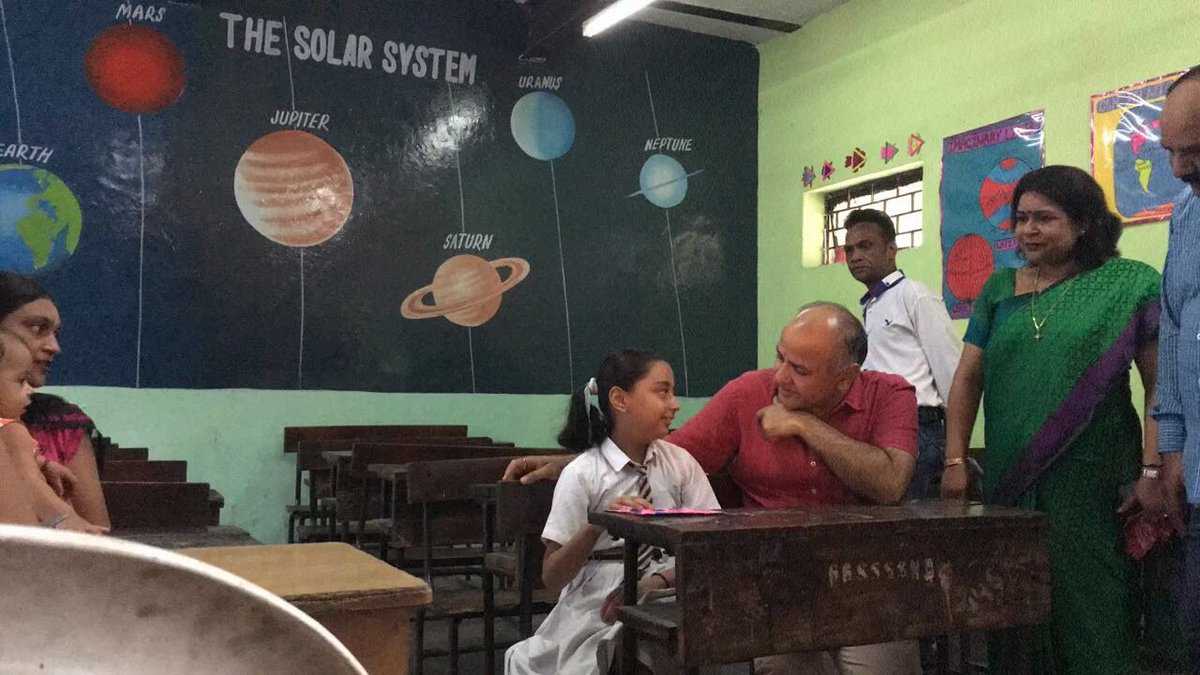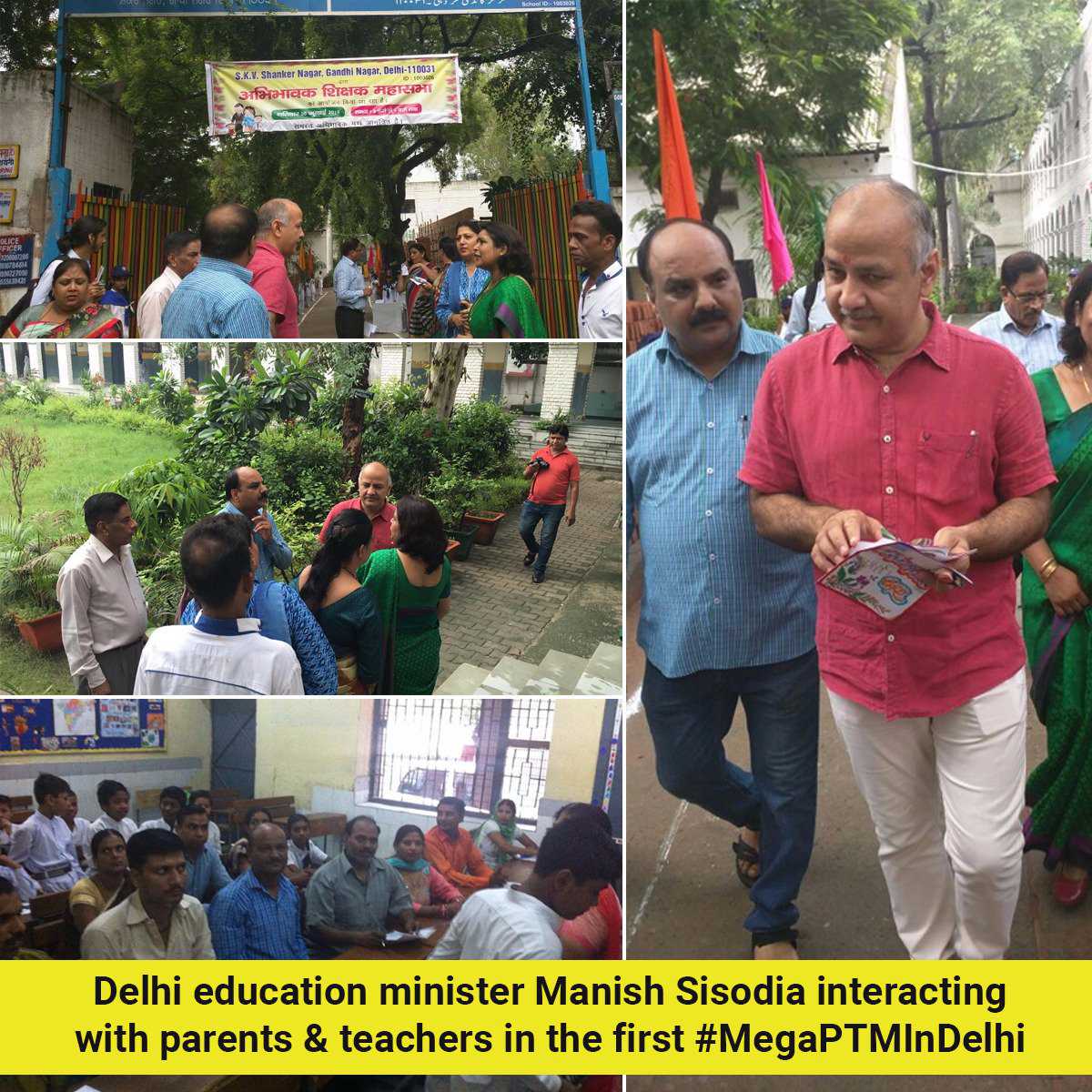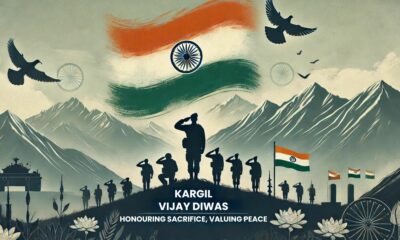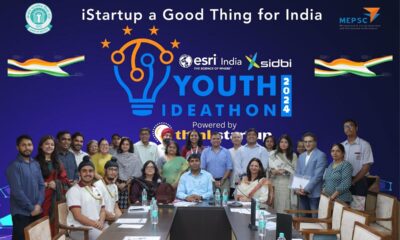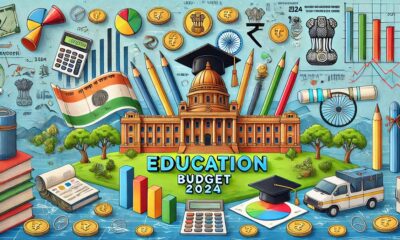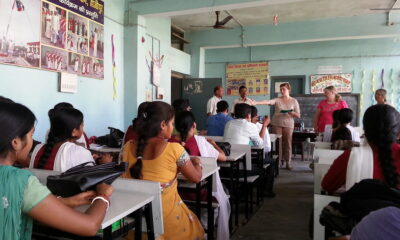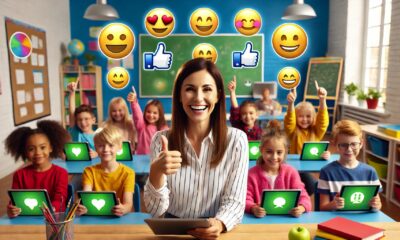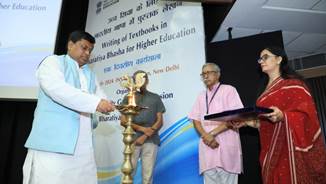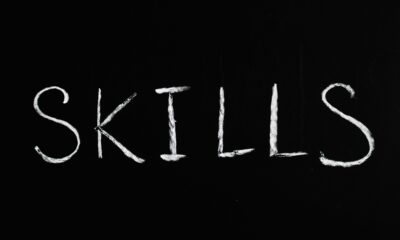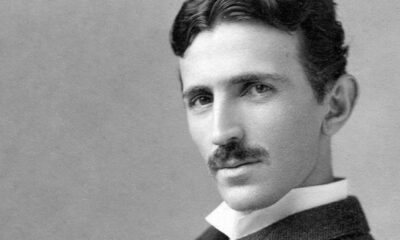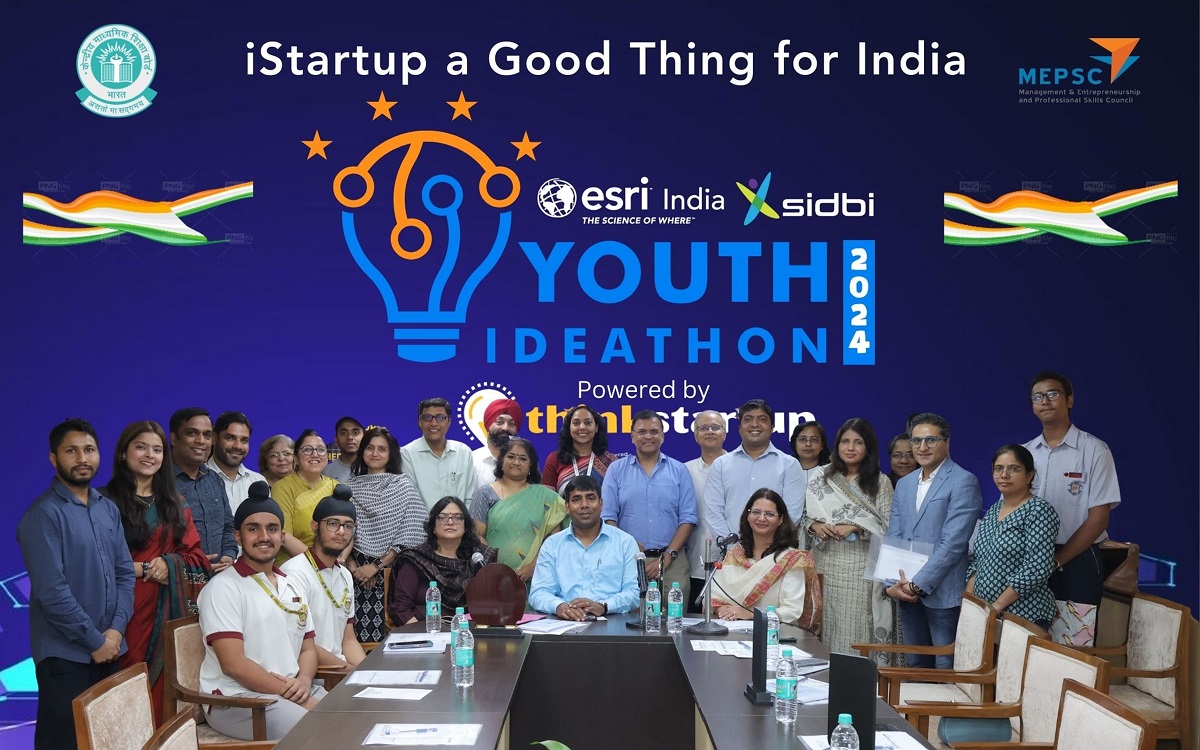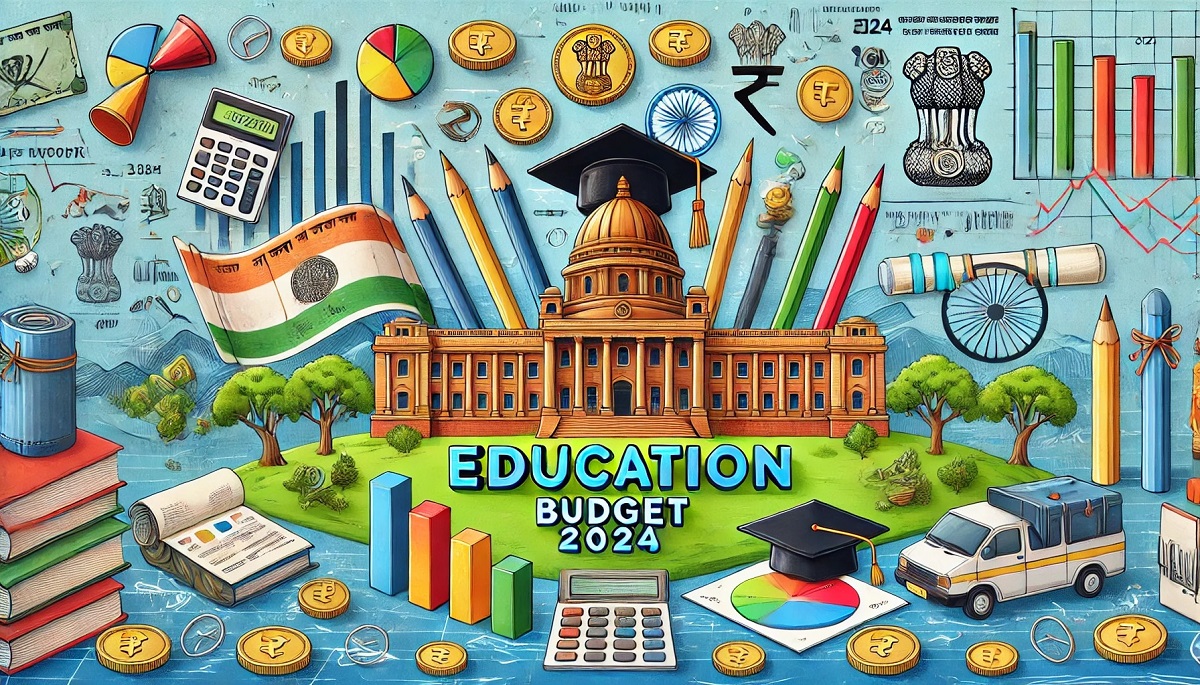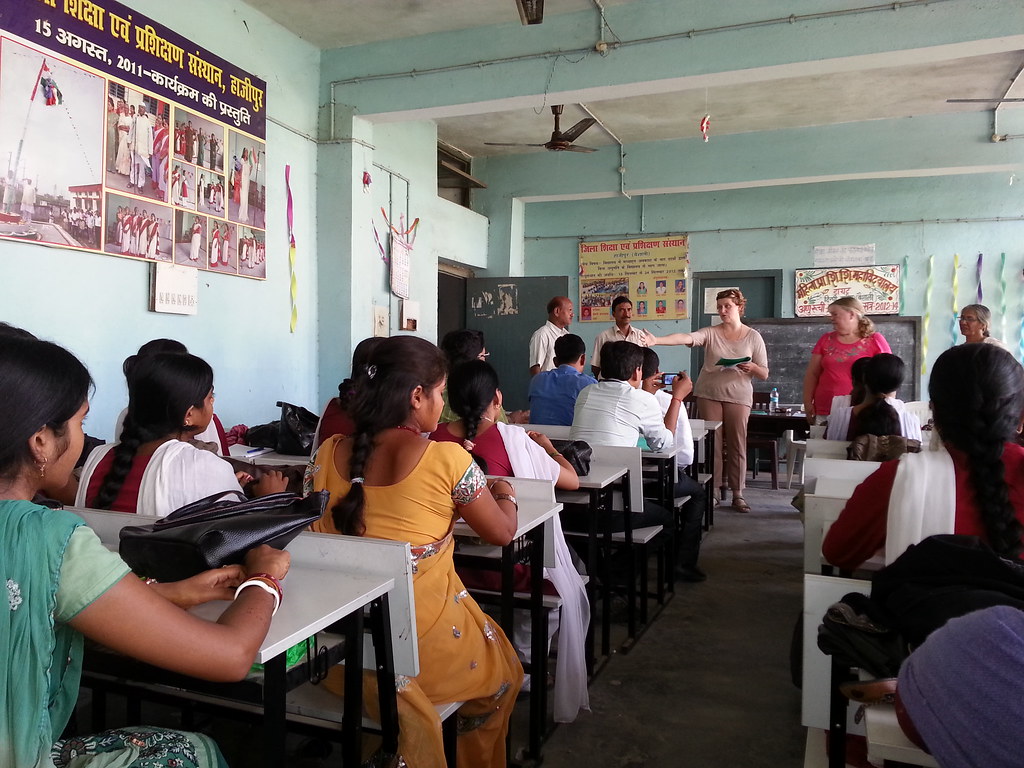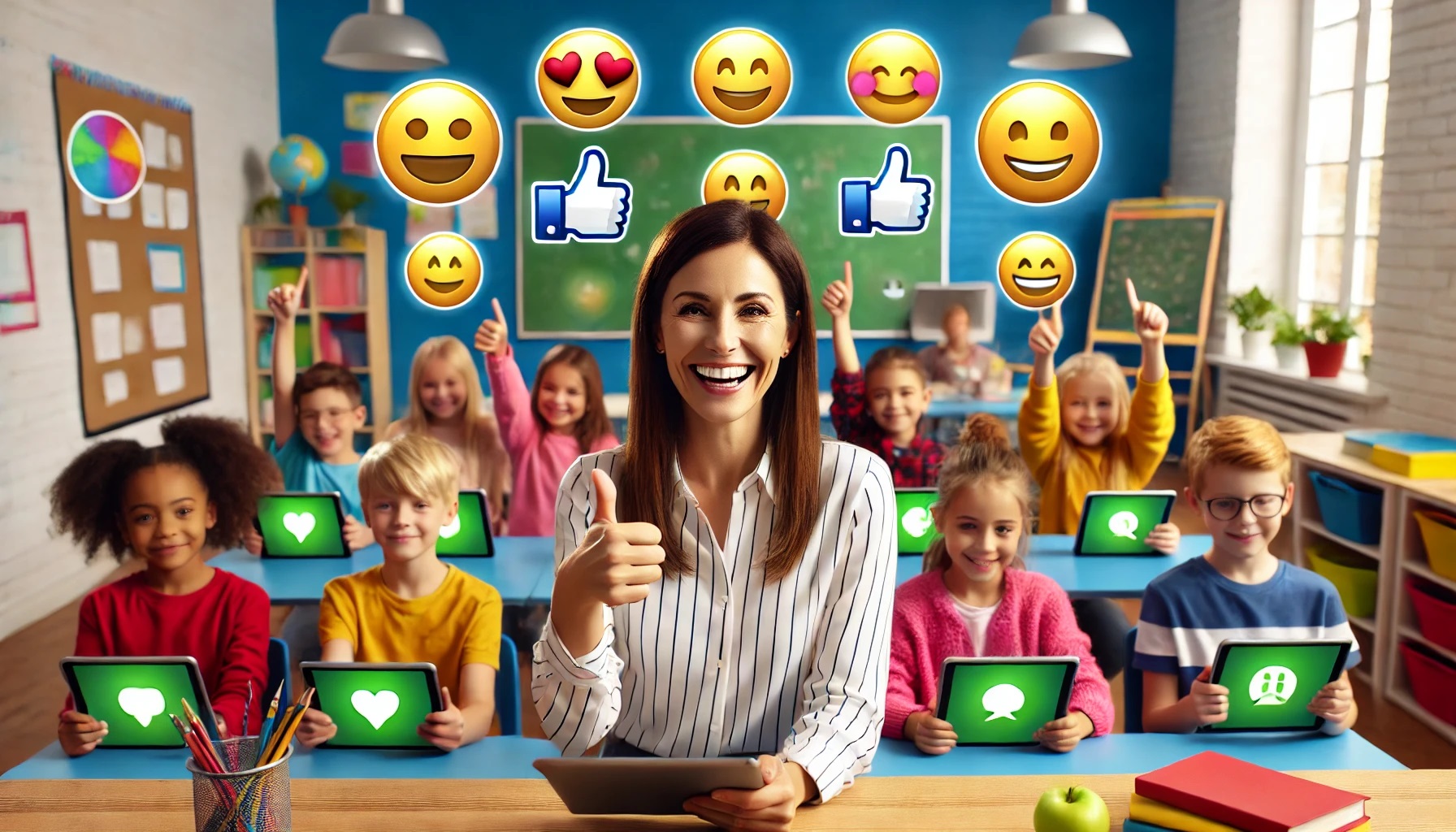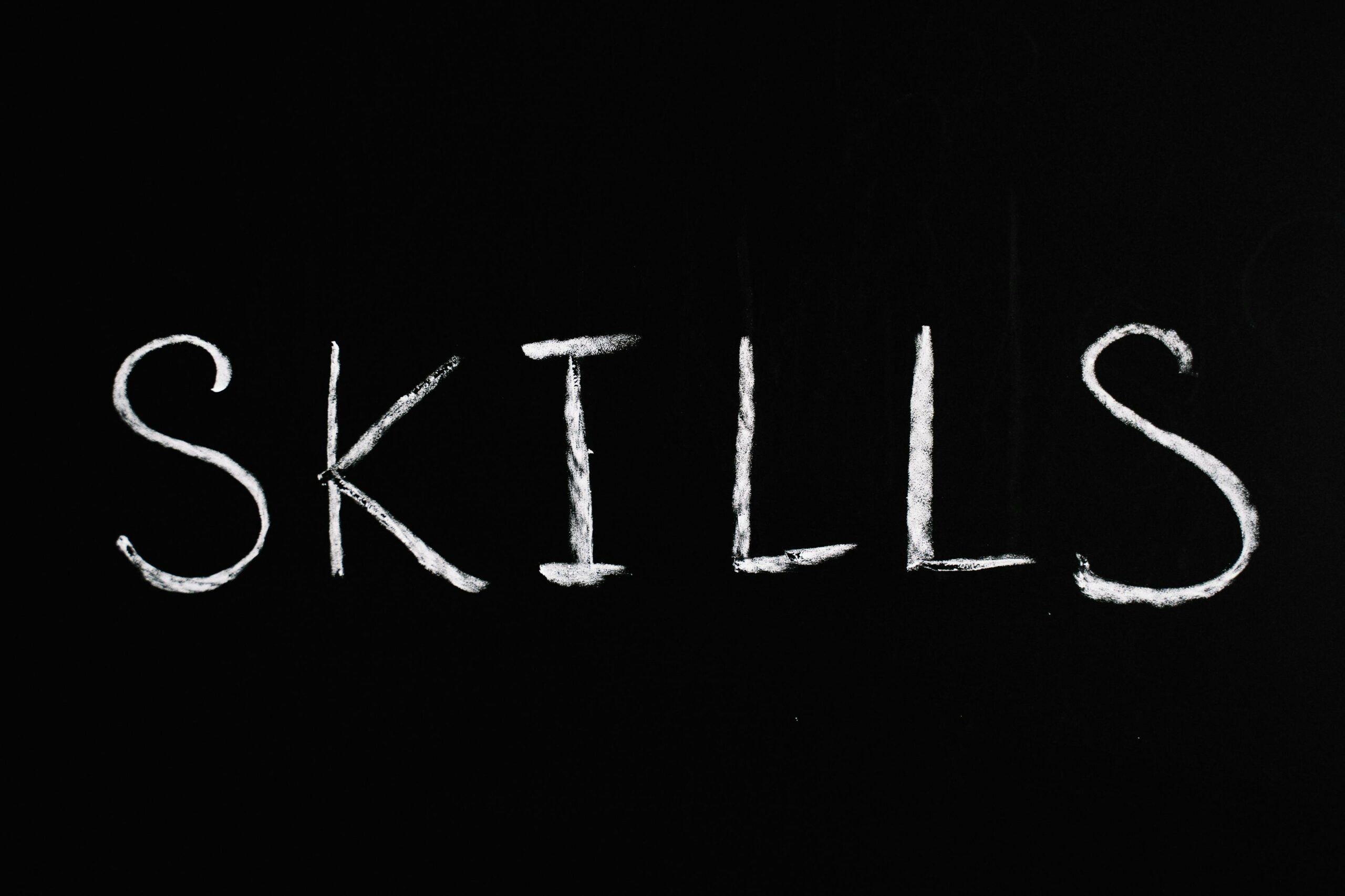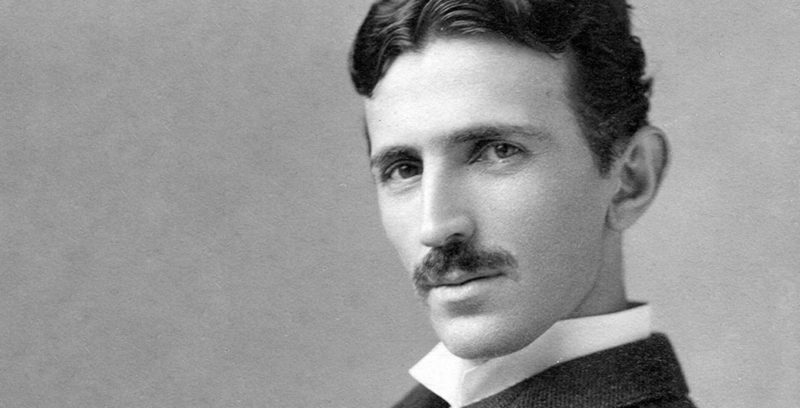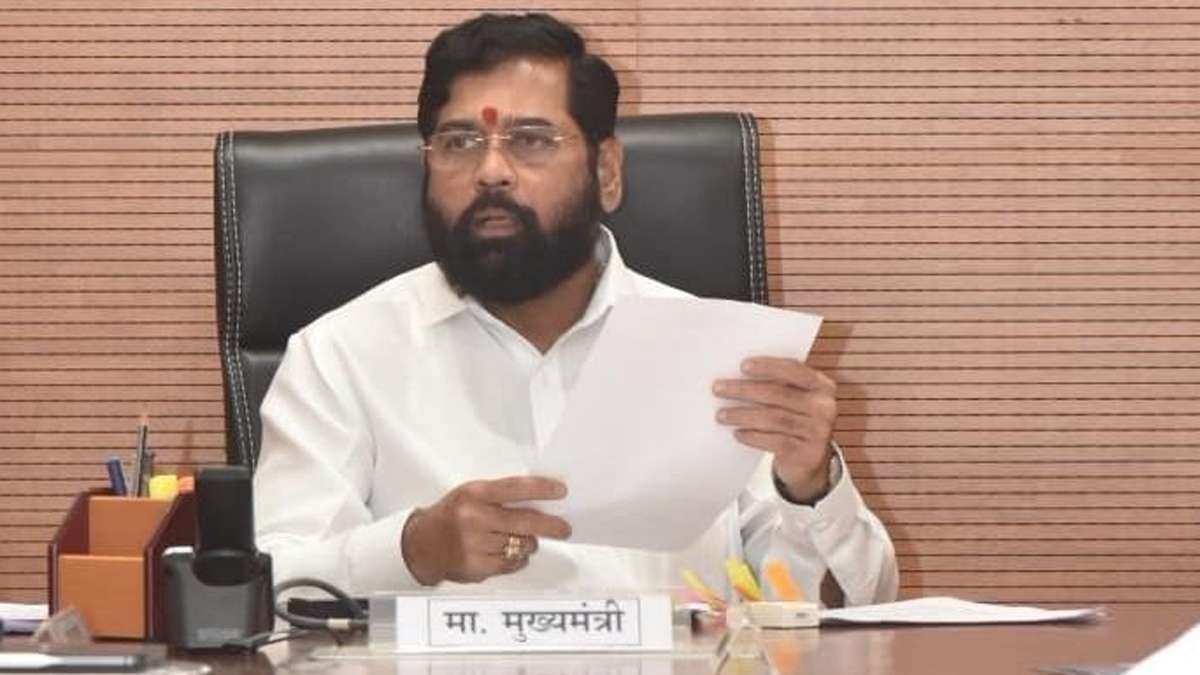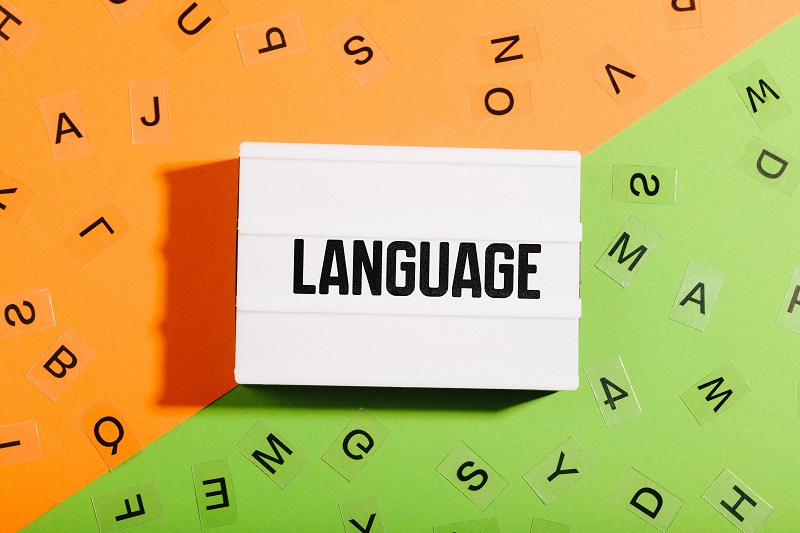Education
Dy CM Manish Sisodia’s initiative of Parents-Teachers-Meeting (PTM)gets massive response from Parents
Welcoming parents of government schools students as “stakeholders” in their child’s education, deputy chief minister Manish Sisodia’s initiative of Parents-Teachers-Meeting (PTM) in in full swing and getting a massive response from parents in Delhi.
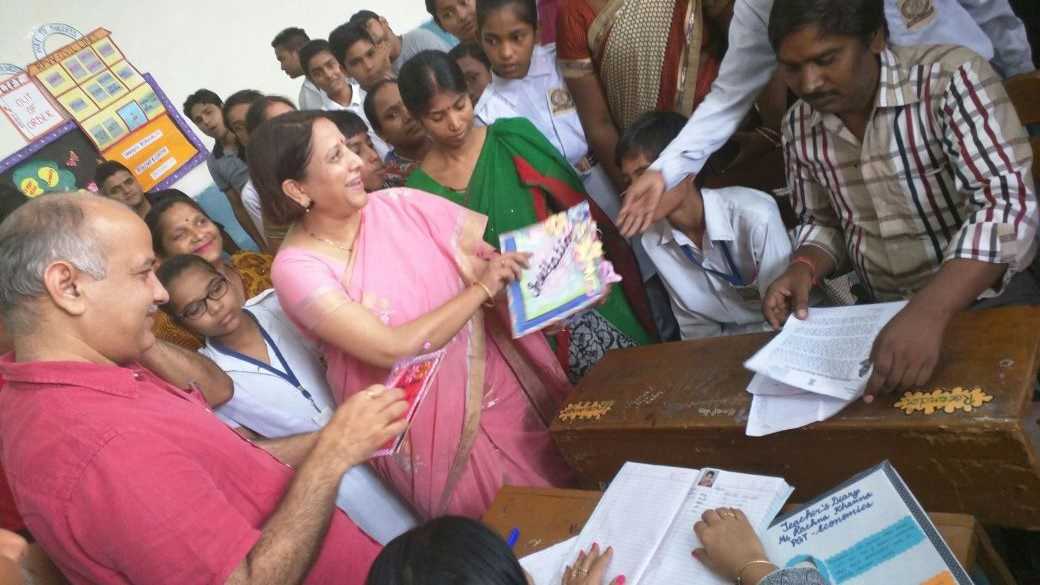
Education
Youth Ideathon 2024: CBSE Launches India’s Biggest Entrepreneurship Competition for School Students
Education
Internships in Top 500 Companies, Rs 5k Stipend for Youth: Key Highlights from the Education Budget 2024
Education
Higher Education Enrollment Jumps To Nearly 4.33 Crore In FY22, Up 26.5% From FY15
Education
UNESCO Report Highlights Need for Boost in India’s Upper Secondary Education
Education
Embracing Emojis in the Classroom: A Fun and Polite Approach to Modern Learning
Education
Workshop on Writing Textbooks in Bharatiya Bhasha for Higher Education Inaugurated by Dr. Sukanta Majumdar
Education
Nurturing Natural Skills: Empowering Youth for the Future
Education
Celebrating Nikola Tesla: A Beacon for Transforming Education
Education
Maharashtra Government Announces Free Higher Education for EWS, SEBC, OBC Girls
Education
Chhattisgarh Introduces Local Language Primary Education in Tribal Areas
-
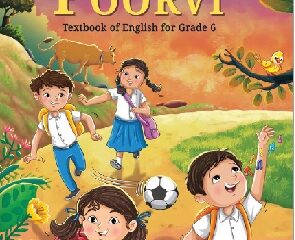
 Education3 weeks ago
Education3 weeks agoNCERT Introduces ‘Poorvi’ For Class 6: A New English Textbook With Indian Focus
-
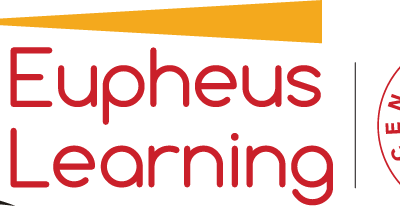
 Education3 months ago
Education3 months agoIndia’s Eupheus Learning Recognised in TIME’s World’s Top EdTech Rising Stars of 2024
-
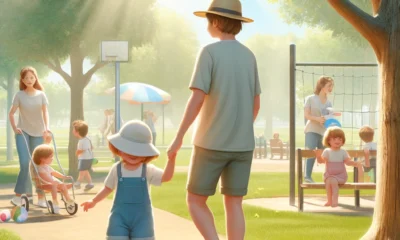
 Education2 months ago
Education2 months ago10 Summer Safety Tips for Kids During Summer Breaks
-
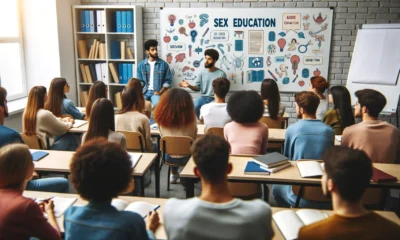
 Education2 months ago
Education2 months agoWhy Sex Education in Schools is a Battlefield: A Look into Recent Debates and the Path Forward
-
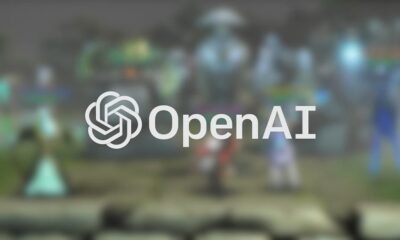
 Education2 months ago
Education2 months agoOpenAI Launches ChatGPT Edu to Revolutionise University Education
-

 Education3 months ago
Education3 months agoQuestioning the Trend of Lavish Farewells- #FarewellFiasco
-
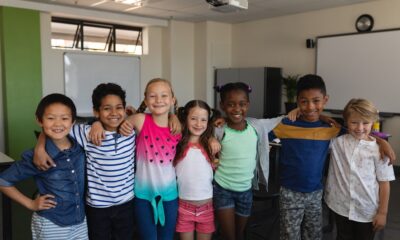
 Education3 months ago
Education3 months agoUNESCO’s Happy Schools Initiative: Placing Happiness at the Heart of Education
-
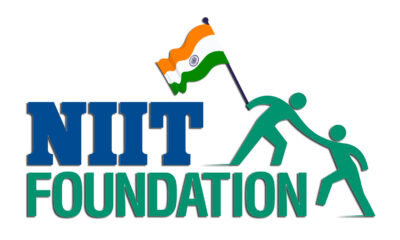
 Education1 month ago
Education1 month agoNIIT Foundation and UNICEF YuWaah Empower 5,000 Women and Girls through Data Literacy Training Programme
-

 Education3 months ago
Education3 months agoKerala Sets National Benchmark with AI Training Programme for 80,000 Teachers
-
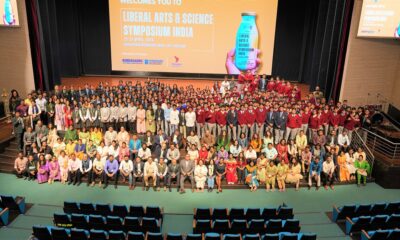
 Education3 months ago
Education3 months agoEmpowering Education: LASSI 2024 Concludes with Success and Inspiration

